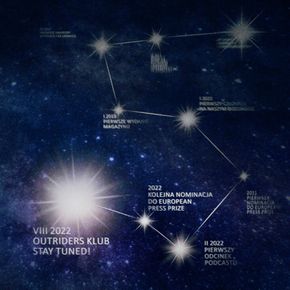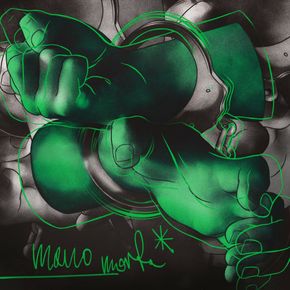How to save water, food and heavy metals
Researchers from the University of Surrey have found that showers with higher pressure lead to lower water consumption as the bathing time is shorter. Installing a timer in the shower can also help save water. The team discovered that a person using a shower with both high pressure and a timer used an average of 17 litres of water per bath, while a person taking a shower with low pressure and no timer used almost 61 litres per bath.
Rasmus Munk, the culinary mastermind at the Spora laboratory in Copenhagen, is revolutionising the way we approach food waste. He’s experimenting with creating chocolate from coffee grounds, tacos from a by-product of rapeseed oil production, and even salmon grown from cells. His innovative approach also extends to creating chocolate from spent grain, a waste product from beer production. The laboratory’s focus on reusing existing food waste is a promising direction for sustainable culinary practices.
Scientists from the University of Natural Resources and Life Sciences in Vienna have developed a way to use beer brewing residues to remove heavy metals from recycled electrical waste. These metals could be filtered using brewer’s yeast or, more precisely, an adsorption process. This process occurs due to electrostatic interactions between the yeast surface and metal ions. By adjusting the pH of the yeast-metal solution, the yeast can adsorb more or other metal ions.


























